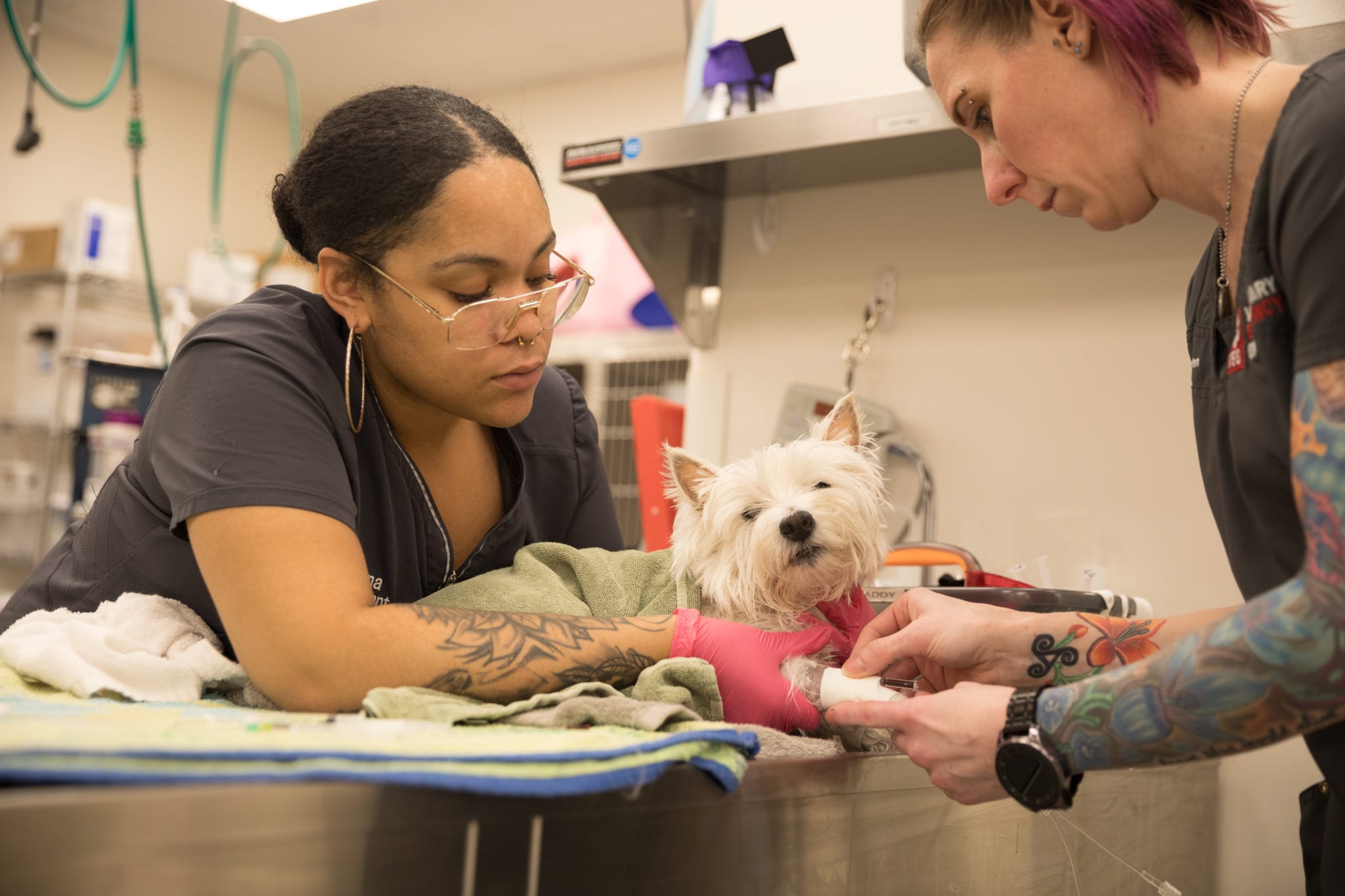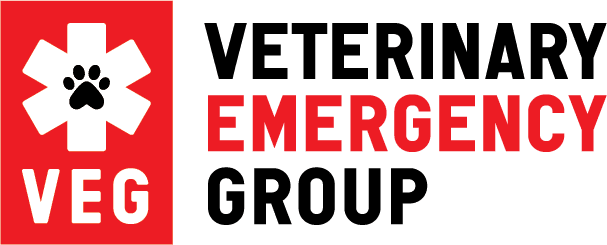
Dehydration in Dogs: Symptoms and When to Seek Emergency Care
Dr. Alexander Gascoyne
Call & Speak with a doctor Open 24/7, Even Holidays!
Walk in today for:
Emergencies
Point-of-Care Ultrasound
Urgent Care
X-Rays
Diagnostics + Testing
End-of-Life Care
Surgery
Treatment + Hospitalization
With the summer months just around the corner, it’s once again important to learn how to tell when your dog is dehydrated. Dogs are prone to developing symptoms of dehydration quickly, even under normal circumstances, and they can become very sick very fast from dehydration as well.
In the article below, you’ll find more information about what to expect from a dehydrated dog. You’ll learn about symptoms of mild, moderate, and severe dehydration so you can respond appropriately when you notice these in your own pet. Read on to find out more and learn when to seek emergency vet care.
Symptoms of Mild Dehydration in Dogs
Some mild symptoms of dog dehydration include, but aren’t limited to:
Dry Nose
A dry nose is an early sign of dehydration, although it can also be a sign of other problems, such as a fever. Dogs with a dry nose should be offered water right away to help combat any other worsening symptoms associated with dehydration, and they should be monitored closely as well.
Excessive Drooling
Dogs who are dehydrated may start to drool excessively. This is because they are trying to cool down their bodies through the best method they have. Excessive drooling is any type of drooling that is not normal for your dog.
Lethargy
Dogs who are suffering from even mild dehydration may become lethargic. They may not feel like moving around much and may simply rest until they are able to rehydrate again. If your dog’s dehydration is mild, offer cool, clean water so he can rehydrate on his own time.
Sticky Gums
This symptom is on the verge of the moderate stage of dehydration, but it is still generally considered a mild one. If your dog’s gums are sticky, however, watch for signs of worsening dehydration.
Symptoms of Moderate Dog Dehydration
Moderate symptoms of dehydration to look out for in your dog are:
Loss of Elasticity of the Skin
When you pull up on the skin of your dog’s back, it should spring back into place right away. If it takes several seconds to sink back to its normal position, then your dog is likely moderately dehydrated. Even vets usually use this test to check for the dehydration level of pets.
Loss of Appetite
Dogs who are at the moderate stage of dehydration may lose their appetite. You may be unable to tempt your dog with even his favorite treats, and this can be a sign that he’s dealing with a more serious problem. If he also won’t drink water, he needs to go to the vet.
Thick Saliva
If your dog’s saliva thickens, this is a sure sign of dehydration. It is a moderate symptom that is moving toward the severe category, so your dog should be watched very closely at this point. Provide plenty of fresh, clean water.
Dry Gums
Dry gums may occur if your dog had sticky gums in the first stage of dehydration. If your dog’s gums become dry, it’s time to think about taking him to the vet, especially if he is showing any other symptoms from the moderate list or if his existing symptoms are getting worse instead of better.
Symptoms of Severe Dehydration in Dogs
If your dog is experiencing these severe symptoms of dehydration, you should seek immediate veterinary care:
Vomiting
Dogs who are very dehydrated begin vomiting from the condition. Unfortunately, this vomiting then causes them to become even more dehydrated. If your dehydrated dog is vomiting, you need to take him to the emergency vet immediately and do not wait, as he may become much worse very quickly.
Diarrhea
Diarrhea may or may not occur in dehydrated dogs, but it is common in dogs who are also vomiting. Just like vomiting, it can make your dog’s dehydration worse almost instantly, so he needs to go to the emergency vet right away if he is having diarrhea too.
Excessive Panting
Excessive panting means that you can see your dog’s sides heaving as he struggles to breathe. He will likely have his tongue out as well. If your dog is having this much difficulty breathing, he needs emergency vet care without waiting. The sooner you take him in, the better his chances will be.
This is particularly important in short-nosed breeds such as bulldogs, pugs and Boston terriers.
Sunken Eyes
Dehydration causes the body to redistribute fluid to keep more essential organs supplied with blood. One place where fluid is often pulled from is the eyes. If your dog’s eyes appear to be sitting further back in their head, it may be a sign of severe dehydration.
Call VEG If Your Dog is Dehydrated
If you believe your pet is showing signs of dehydration, don’t panic! Remember this list and look for signs and symptoms of dehydration in your pet to determine when it’s time to go to the emergency vet.
One common mistake is to aggressively force feed water. When doing this, there is a chance the dog can choke, which can lead to more serious problems like pneumonia. Instead, try offering them a bowl of water and call VEG to speak to a doctor for advice.
With plenty of locations nationwide, VEG is dedicated to providing high quality emergency care to every pet that comes through our door. All of our locations are open 24 hours on weekends and holidays, with most open 24 hours every day of the year. We understand how serious dog dehydration is, and we’ll help get to the bottom of what’s causing it to be able to provide the best treatment option.

